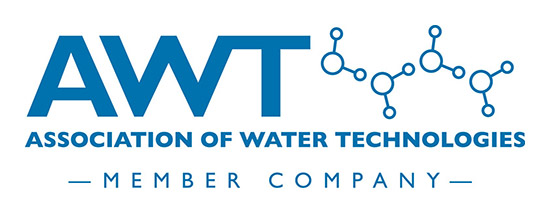
In today’s industrial and commercial landscapes, the significance of water treatment cannot be overstated. Whether you’re overseeing HVAC systems, boiler operations, or large-scale cooling systems, proper water treatment is crucial to maintaining efficiency, reducing costs, and safeguarding your equipment. However, the consequences of improper water treatment are profound and far-reaching, impacting everything from energy consumption to regulatory compliance. This article explores the hidden costs of neglecting water treatment and why a proactive approach is essential for long-term success.
1. Operational Inefficiencies and Escalated Energy Costs
One of the most immediate consequences of improper water treatment is the reduction in operational efficiency. Scale and fouling in water systems, such as those used in air conditioning and boilers, lead to increased energy consumption. For instance, even a thin layer of scale can dramatically increase the head pressure in centrifugal chillers, forcing compressors to work harder and consume more power. This inefficiency results in a direct increase in operational costs.
To illustrate, consider a typical centrifugal chiller system in a commercial building. Without proper water treatment, scale and biofilm can increase utility costs by tens of thousands of dollars annually. A mere 1/16 inch of scale on condenser tubes can lead to a 12% increase in power consumption, which translates to significant financial losses.
2. Increased Maintenance and Equipment Replacement Costs
Improper water treatment doesn’t just drive up energy costs; it also accelerates wear and tear on critical equipment. Scale, corrosion, and fouling can cause premature failure of components such as pumps, valves, and heat exchangers. This leads to more frequent maintenance, unexpected shutdowns, and, ultimately, costly equipment replacements.
For example, boiler systems that suffer from poor water treatment often experience increased blowdown rates and reduced efficiency due to scale buildup. This not only raises operational costs but also shortens the lifespan of the boiler, necessitating expensive repairs or replacements long before they would otherwise be needed.
3. Regulatory Compliance Risks and Penalties
Failing to maintain proper water treatment can lead to non-compliance with environmental regulations. Discharging untreated or improperly treated water can result in significant fines and legal action. Moreover, companies may face challenges in obtaining or renewing necessary permits, which can further disrupt operations and lead to additional costs.
The costs of non-compliance extend beyond financial penalties. Companies found in violation of environmental regulations can suffer damage to their reputation, which can have long-term effects on customer relationships and market position. In an era where sustainability is increasingly valued, maintaining compliance is not just a legal requirement but a critical business imperative.
4. Impact on Product Quality and Process Efficiency
In industries where water quality is directly tied to product quality—such as in food processing, pharmaceuticals, and manufacturing—improper water treatment can lead to contamination and production inefficiencies. Contaminated water can compromise the quality of the final product, leading to waste, recalls, and potential legal liabilities. These issues not only incur direct costs but also harm a company’s reputation and customer trust.
Conclusion: The Strategic Value of Proper Water Treatment
The costs of improper water treatment are both immediate and long-term, affecting energy consumption, equipment longevity, regulatory compliance, and product quality. For company executives, the message is clear: investing in a comprehensive water treatment program is not just an operational necessity but a strategic decision that protects the bottom line.
By proactively managing water treatment, companies can avoid the substantial costs associated with inefficiency, equipment failure, and regulatory penalties. In doing so, they safeguard their operations, enhance sustainability, and ensure long-term business success.

